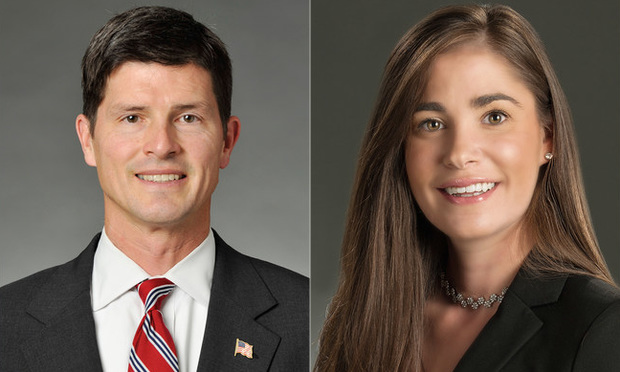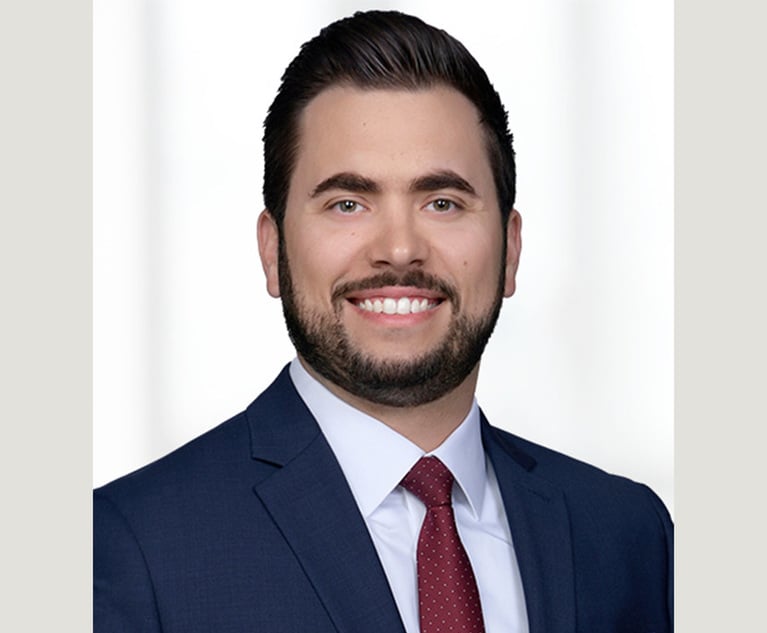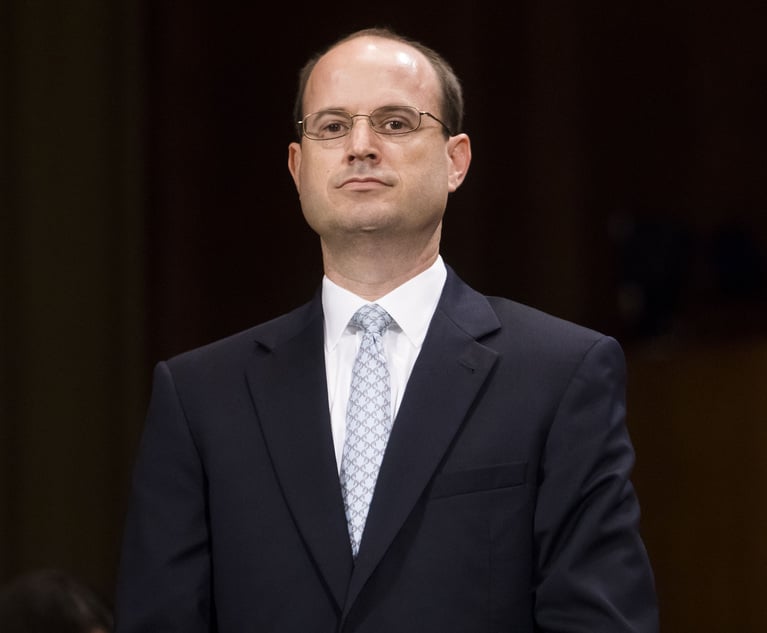Florida’s health care industry is facing a growing quandary over how to structure arrangements in light of recent legislative and judicial events with the Florida Patient Brokering Act Fla. Stat. Section 817.505 (PBA). As a practical matter, the PBA has historically been viewed as extending the federal anti-kickback statute (AKS) beyond federal health care programs to all payors. As explained below, recent events are calling into question whether arrangements that would pass muster under the AKS will now be subject to greater scrutiny under the PBA.
Background on PBA
The PBA is a criminal statute that prohibits any person, including, but not limited to, any health care provider or health care facility, from: offering or paying any form of remuneration or engaging in any split-fee arrangement to induce the referral of patients or patronage; soliciting or receiving any form of remuneration or engaging in any split-fee arrangement in return for referring a patient or patronage; soliciting or receiving anything of value in return for accepting or acknowledging treatment and aiding, abetting advising or participating in the aforementioned conduct. While the AKS is limited to federal health care programs, the PBA applies regardless of the source of payment for the applicable service or product. The PBA also has a tiered penalty structure under which violations can range from third-degree felonies punishable by up to five years imprisonment, fines of $50,000 to first-degree felonies punishable by up to 30 years imprisonment, and fines of $500,000 depending on how many patients are involved.


 William T. Mathias, left, and Melissa Goldman, right, of Baker, Donelson, Bearman, Caldwell & Berkowitz.
William T. Mathias, left, and Melissa Goldman, right, of Baker, Donelson, Bearman, Caldwell & Berkowitz.




